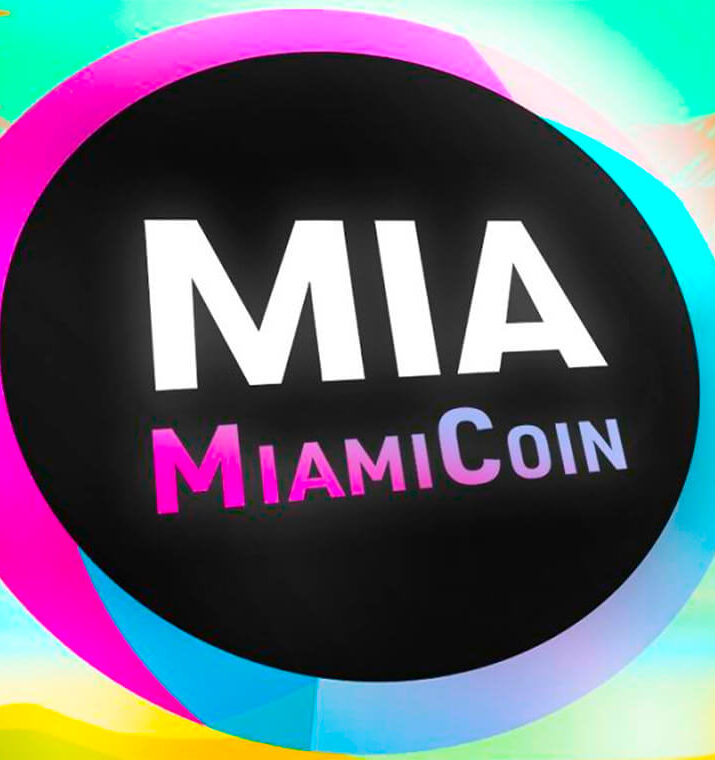Jeff Sekinger moved his companies to Miami from San Diego about ten months ago.
“We just hired, like, 50 people in the last ten days,” said Sekinger. “We’ve been hiring quite a lot here.”
Sekinger, 27, is the founder and CEO of the cryptocurrency investment firm Orca Capital and a financial consulting company 0 Percent.
He says Miami’s pro-crypto policies, coupled with fewer regulations in the state, have created a promising environment for tech companies to flourish.
“The No. 1 city in the United States is Miami for crypto,” said Sekinger. “Because of things the mayor is doing, like, ‘Miami Coin.’”
Miami’s commissioners gave Mayor Francis Suarez’ “Miami Coin” plan its first green light Monday. They agreed to accept crypto donations made to the city through the crypto mining platform “City Coins.”
Every time someone mints a Miami Coin, the software triggers a 30% donation to the city itself.
City leaders will meet in about six months to decide how the money should be allocated but expressed initial interest in affordable housing projects in Monday’s meeting.
Meanwhile, City Coins cocreator Patrick Stanley says the Miami Coin software has already generated more than $5 million in donations for the city in just over 40 days.
“City Coins offers people a way to support their favorite cities, and each City Coin is its own cryptocurrency or token,” said Stanley.
Stanley says donations generated by Miami Coin’s software could offset an estimated 5-10% of the city’s annual budget.
“What we expect to see is using it for building affordable housing, housing the homeless, climate change initiatives, crypto-education,” said Stanley. “As a community member, I’m extremely proud of the fact that we’re able to support a city that we hold in high esteem.”
Sekinger plans on investing in Miami Coin personally and hopes to add it to the Orca Capital investment portfolio as well.
Orca Capital will unveil its brand new world headquarters in Brickell on Friday, where the company anticipates hiring as many as 100 employees in the near future.
“We are hiring a lot of employees on the cryptocurrency fund level, and on the education side,” said Sekinger. “So, people that are passionate about cryptocurrency, they’re already likely going to be moving here anyways.”
Suarez, Congresswoman Maria Elvira Salazar and State Senator Anitere Flores are among the listed guests for Friday’s ribbon cutting.
“One of the most important determining factors of the rise of cryptocurrency has been widespread adoption,” Suarez told NBC 6 in a statement. “I’ve used this quote before, but a rising tide lifts all boats, and I think that’s what Orca Capital’s arrival in Miami signals to the rest of the crypto industry. They aren’t the first crypto company to anchor down in Miami, and they certainly won’t be the last…”
Cryptocurrency isn’t the only corner of the tech world exploring new realities in Miami.
3-D scanners creating someone’s virtual avatar, or facial tracking technology, are only the tip of the technological iceberg in XR Labs’ studio in downtown Miami.
XR Labs’ cofounder Paul Bronstein says they’re working on a plan to take Miami’s land and real estate scene, virtual.
“Our goal by 2025 is to have all of Miami virtually scanned and mapped,” said Bronstein. “In what we call a digital twin. Meaning when you walk in this virtual Miami, you have the same streets.”
Their plan is to virtually scan Miami, and create a virtual real estate world, on top of the real world.
The virtual Miami landscape would be divided into parcels you can own, sell and customize.
Each parcel is a “non-fungible token,” or NFT. In this context, Bronstein says NFTs are essentially a unique collectible you own in the virtual world.
What you make of it, is up to you.
XR Labs has also created an immersive, Miami-Specific metaverse, called ‘XR Miami.’ It’s a 3-D animated space, where you live and interact as an avatar.
It’s a place for entertainment or business, says XR Labs cofounder, Luis Naranjo.
“You can have your own website. Like, you and I are talking, and whatever I’m selling, or whatever my product is, I can have the customer in front of me, and show them all around my store,” said Naranjo.
Miami’s tech leaders say they’re hoping to make tech education, and careers, more readily accessible for Miami’s diverse communities.
They anticipate these technologies becoming more and more integrated with each, and the real world, as time goes on.
“One of the biggest trends in crypto that’s bringing in new retail investors is NFTs,” Sekinger said.







